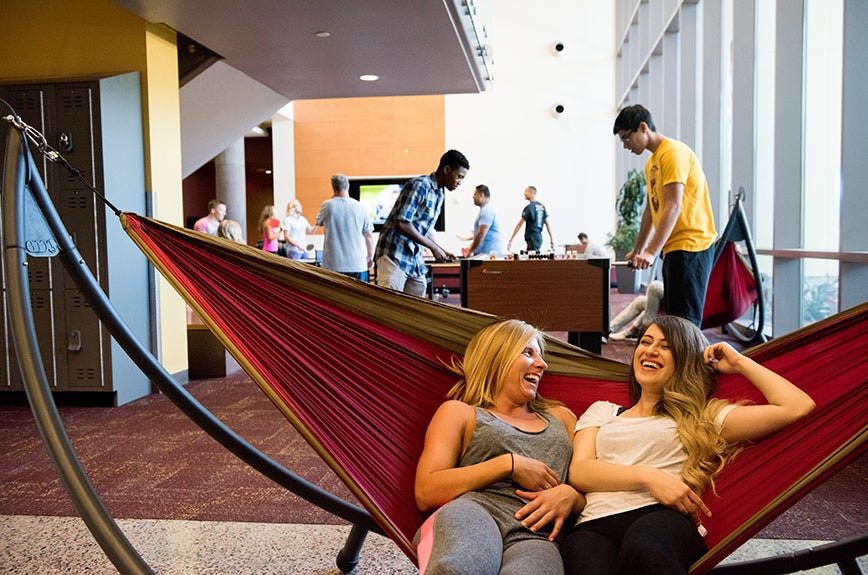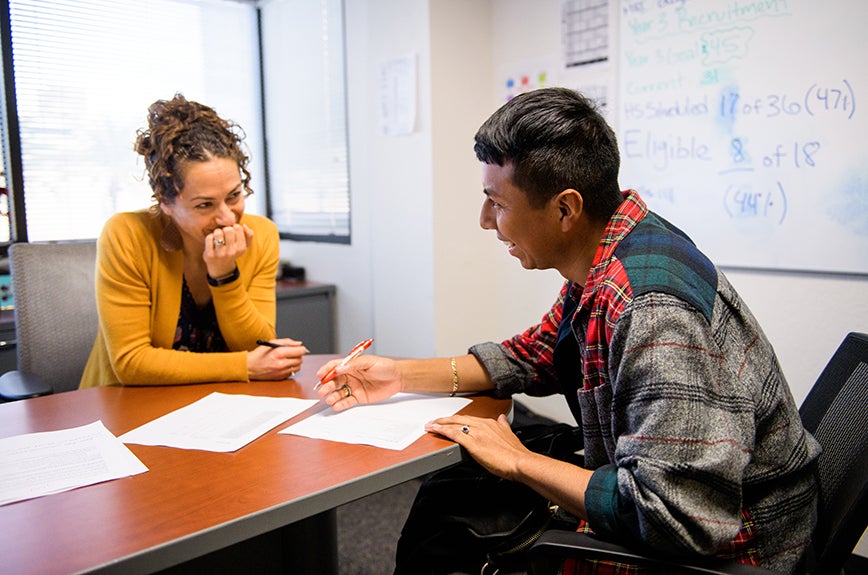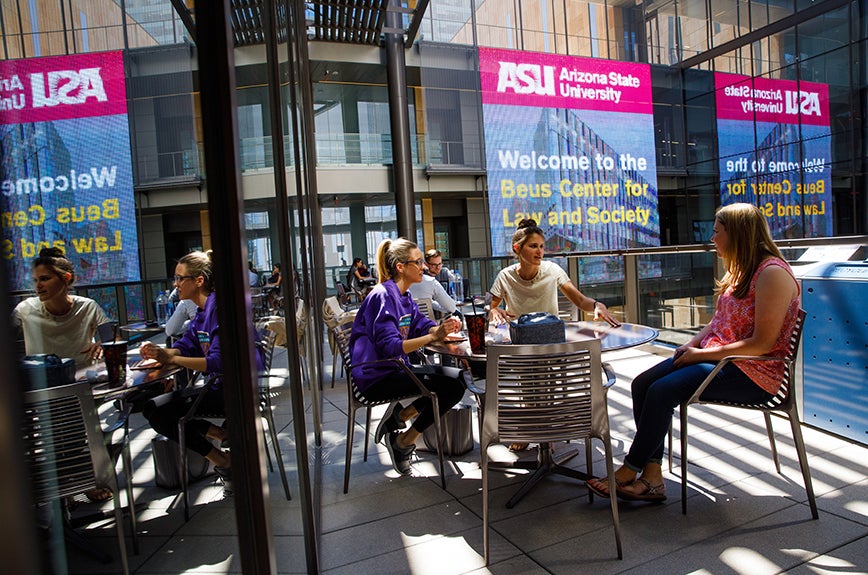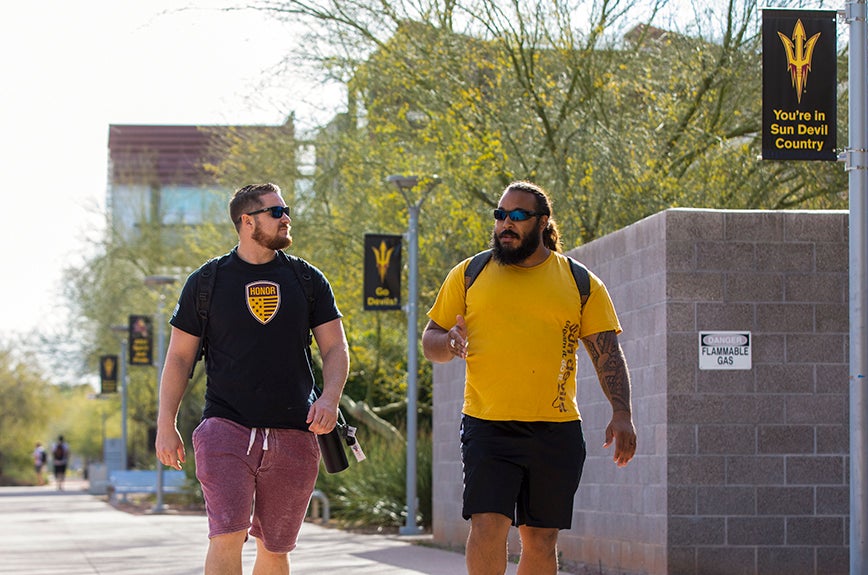We know the adjustment to college is sometimes a challenging time for both you and your student. While students are transitioning to a new home away from home and many new experiences, parents and family members also face significant adjustments. Explore advice on a variety of college topics here:

Communicating with your college student

Personal health and well-being

Friends and roommates

Money and finances

Academic and career discussions

Risky situations to discuss

Intimate relationships

Home for Thanksgiving: What to expect
